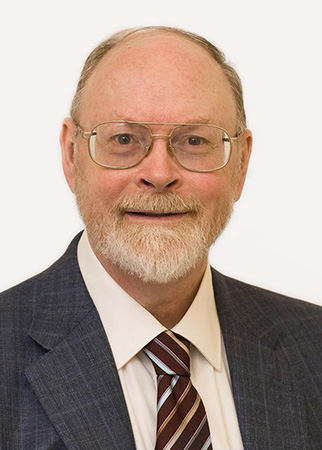
On Saturday, May 13th, Dr. Robert L. Schuyler, Professor Emeritus of Anthropology and Curator Emeritus of Historical Archaeology at the University of Pennsylvania passed away peacefully in his sleep. Educated at the University of Arizona and the University of California, Santa Barbara, he taught at the University of Maryland, City University of New York, and from 1979 to 2018 at the University of Pennsylvania. Over the course of a long and distinguished career, he produced nearly 40 Ph.D. students, and numerous MA and MS students. A legendary teacher and mentor, in 2004 he received the Dean's Award for Innovation in Undergraduate Education, which was followed in 2008 by the Provost's Award for Distinguished PhD Teaching and Graduate Mentoring. Schuyler’s research spanned nearly the entire history and geography of the United States, and ranged from 17th-century Contact Period sites in Maryland to early 20th-century Vineland, New Jersey. Significant fieldwork sites include: Heater’s Island, Maryland; Lowell, Massachusetts; Sandy Ground and Weeksville, New York; Silver Reef, Utah; and Vineland. A leader in the field of historical archaeology, Schuyler served as President (“Executive Officer”) of the Council for Northeast Historical Archaeology (1980-1981) and President of the Society for Historical Archaeology (1982-1983). In 2009, he received the Society for Historical Archaeology’s Harrington Medal. This is the highest award bestowed by the society and celebrates a "life-time of contributions to the discipline centered on scholarship.” Schuyler is best known as an advocate of historical archaeology as part of the broader discipline of anthropology. He defined historical archaeology as global in scope and focused on the modern world. His research reflected the breadth of his interests and included work on Native American historic sites, urban sites, African-American sites, and 20th-century planned communities. He was the editor of two books, and over two dozen significant articles. His 1978 volume, Historical Archaeology: A Guide to Substantive and Theoretical Contributions (Baywood, New York) was long the standard text in the field. Similarly, his 1980 volume, Archaeological Perspectives on Ethnicity in America: Afro-American and Asian American Culture History (Baywood, New York) was important for moving historical archaeology past the study of colonial sites often associated with elite whites. Opinionated and outspoken, he enjoyed scholarly debate and taught his students to think critically and question their assumptions. He was also remarkably good humored, generous, and down to earth. Perhaps most importantly, he was an incredible mentor who encouraged a diverse group of students to pursue their own paths, interests, and theoretical perspectives, even when they differed, often radically, from his own. Indeed, he prioritized teaching and mentoring over his own scholarship. He leaves behind two cats, Xena and Shadow, as well as a large group of students and friends who will miss his wit and wisdom.

 Department of Anthropology
Department of Anthropology